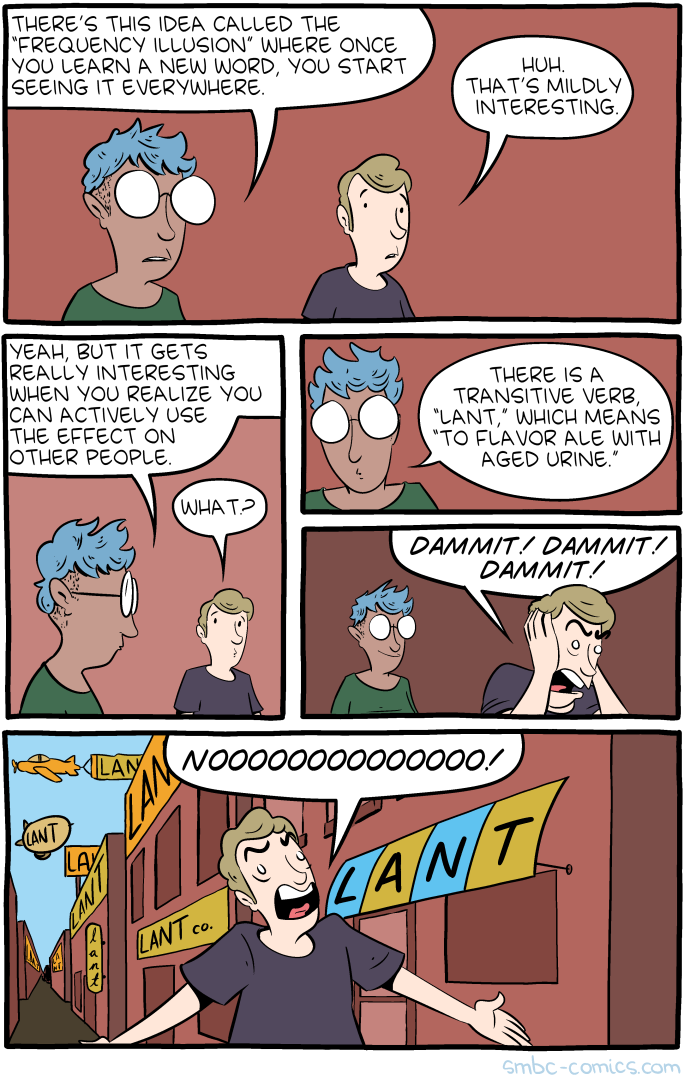Disfluency has been in the news recently, for two reasons: the deployment of filled pauses in an automated conversation by Google Duplex, and a cross-linguistic study of "slowing down" in speech production before nouns vs. verbs.
Lance Ulanoff, "Did Google Duplex just pass the Turing Test?", Medium 5/8/2018:
I think it was the first “Um.” That was the moment when I realized I was hearing something extraordinary: A computer carrying out a completely natural and very human-sounding conversation with a real person. And it wasn’t just a random talk. […]
Duplex made the call and, when someone at the salon picked up, the voice AI started the conversation with: “Hi, I’m calling to book a woman’s hair cut appointment for a client, um, I’m looking for something on May third?”
Frank Seifart et al., "Nouns slow down speech: evidence from structurally and culturally diverse languages", PNAS 2018:
When we speak, we unconsciously pronounce some words more slowly than others and sometimes pause. Such slowdown effects provide key evidence for human cognitive processes, reflecting increased planning load in speech production. Here, we study naturalistic speech from linguistically and culturally diverse populations from around the world. We show a robust tendency for slower speech before nouns as compared with verbs. Even though verbs may be more complex than nouns, nouns thus appear to require more planning, probably due to the new information they usually represent. This finding points to strong universals in how humans process language and manage referential information when communicating linguistically.
Read the rest of this entry »
 As the Washington Post explains ("Europe, not the U.S., is now the most powerful regulator of Silicon Valley", 5/25/2018):
As the Washington Post explains ("Europe, not the U.S., is now the most powerful regulator of Silicon Valley", 5/25/2018):

